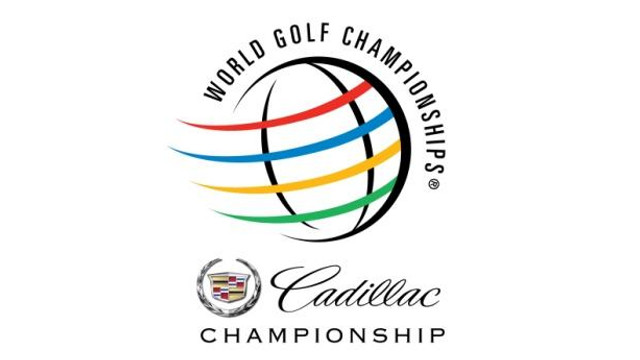The WGC-Match Play format had to change.
The one-and-done nature of a 64-man, bracket-style tournament in golf's most unpredictable format made it reliably unreliable in funneling the game's stars to the weekend. Its best day was its first. That's not ideal -- not for fans, who wouldn't in their right mind take the day off to watch 32 matches on TV, or for NBC, which potentially had to shine some turds if the draw didn't pan out in their favor, which it almost never did.
So, the PGA Tour came up with a World Cup-inspired round-robin scheme that would assure each player had three matches before they could be sent packing. Then, the group winners would square off in the knockout-style tournament to identify a champion. The concept certainly addressed the most glaring problem the tournament faced, but it created other annoying issues.
The biggest? Confusion about which matches mattered on Friday, the last of three pool-play days. While only about one-third of the Friday slate was for fun, it still left plenty of fans wondering why those players even bothered (money and world ranking points were the answer) to do more than concede on the opening tee at Harding Park. Despite the highly entertaining and confrontational nature of Keegan Bradley and Miguel Angel Jimenez's Friday showdown, it meant nothing to the tournament. It took something away from a match that, in most other match-play situations, would have been an epic. For better or worse, exhibition matches lose a little something with nothing that we know of on the line.
That means the PGA Tour's original problem begat a second, equally relevant issue: every match needs to matter.
What, then, is the compromise? It's not Jordan Spieth's idea of stroke play to qualify for match play. It's a double-elimination tournament.
Growing up playing baseball, there rarely was an alternative format. It wasn't win-or-go-home; it was win-or-beatdown-a-fellow-loser. The opportunity to keep advancing, even with that first loss, made the tournament more appealing for kids and parents. Parents weren't driving hours to watch their kids get pasted and go home pouting. Kids could overcome a bad draw -- you know those ringer teams -- and were dangled with the carrot of more chances at a winning Sno-cone.
Eventually the two brackets come back together in the final, where the winner of the loser's bracket then has to beat the winner of the winner's bracket twice in a row to take the title.
Alright, say under this format that Jordan Spieth again gets pipped by Lee Westwood despite clearly being the best golfer of the week. No fear! He gets to drop down to the loser's bracket to face someone else. Now extra annoyed, Spieth shoes 10 under for 14 holes and moves on in the loser's bracket. He's still playing in a match that matters. If he keeps winning to take on Rory McIlroy in the final, we get two superstars in a must-see match.
Under my proposed change, the final goes back to a potential 36-hole match, except there's a twist. It would actually be two 18-hole matches. The loser's bracket champion would have to win back-to-back matches against the winner's bracket champion to get the trophy. And, with the guiding light that every match should matter, can the consolation contest.
The problem with that idea goes back to the nature of match play: unpredictability. If the winner's bracket champion wins the first 18-hole match, poor NBC has nothing to do for three hours, and there's no incentive to send out the guys again. There's room for creativity here.
@RyanBallengee Great idea, but the TV networks would hate not knowing how long final would be. Maybe start undefeated player with 2 up lead?
— foryourbenefit (@foryourbenefit) May 4, 2015
That can work just the same. Bottom line, so long as the winner's bracket representative has some clear edge, this idea can work.
In the end, this tournament would be 126 or 127 matches. That's more than the 112 we saw this week. However, every match matters and it guarantees every player gets to play twice. That sounds like the best compromise --with orange slices for everyone.


Add Comment